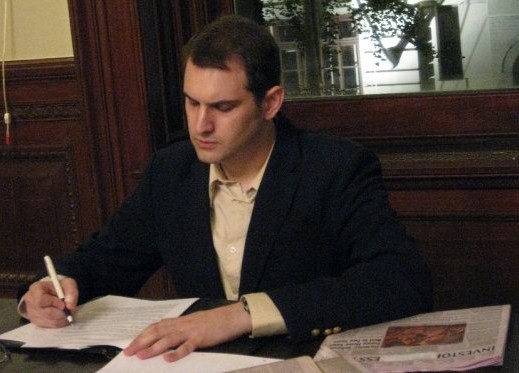by Bryan Lane Berson, Esq.
Download PDF: Article 17A Guardianships and SNTs in NY
Article 17A Guardianships
New York has established different guardianships for people in need of supervision (sometime referred to as “incapacitated persons,” “IPs,” or “wards”). Under a guardianship, a court appoints a guardian to assist an IP who lacks sufficient capacity to tend to one’s personal or financial needs.
Article 17A guardianships apply to IPs with developmental and certain other disabilities including (but not limited to) cerebral palsy, epilepsy, neurological impairment, autism, traumatic head injury, and conditions related to mental-retardation that originated before the ward reached age 22. Article 81 guardianships apply to adults with limited capacity. I discuss 81 guardianships in another column. See, Incapacity and Guardianships in New York.
Parents, other interested persons, or the allegedly incapacitated person (“AIP”) can initiate 17A proceedings in the Surrogate’s Court. Most courts will hold a hearing. It will examine medical evidence and check that the proposed guardian does not have a record of abuse.
17A guardians are appointed for the duration of the IP’s life. They continue after the IP reaches the age of majority and continue even if the IP gets married. The spouse can be appointed as a standby guardian. If the IP works, the court can create a limited guardianship to manage the person’s property.
Special Needs Trusts and Supplemental Needs Trusts
Disabled people may receive cash benefits from Social Security, medical coverage from Medicaid, and other government benefits. Direct payment of gifts, inheritances, settlements, and court awards to an IP can reduce benefits under the rules of any means-tested entitlement program.
A parent, grandparent, guardian, or court can create a special needs trust or supplemental needs trusts (either abbreviated as “SNT”) to hold and receive moneys that would otherwise reduce benefits. Then, the trustee can use the trust funds to supplement program benefits without offsetting them. For example, trust funds can be used for a recreational activity or personal items not covered by Medicaid. The SNT can be tailored to the beneficiary’s needs and circumstances.
If you or someone you know needs a guardianship, SNT, or other estate planning advice, I can help.
About the Author: Bryan L. Berson, Esq. is an attorney and mediator at The Berson Firm, P.C., a law firm that handles estate administration and planning, real estate, commercial transactions, and commercial litigation. His e-mail is bberson@bersonfirm.com. His phone number is (631) 517-1055. Connect with The Berson Firm on Facebook and Bryan L. Berson on LinkedIn. The firm’s website is www.bersonfirm.com.
Disclaimer: Constructive Knowledge is published by The Berson Firm, P.C. (the “Firm”). The information contained in this column is provided for informational purposes only. It is not tax or legal advice on any subject matter. No readers, clients or otherwise, should act or refrain from acting on the basis of any content without seeking appropriate legal or other professional advice with respect to one’s particular circumstances. This column reflects a general discussion of the law in New York. It may not accurately reflect the law of other states. The content is general information and may not reflect current legal developments, verdicts, or settlements. The Firm expressly disclaims all liability with respect to acts taken or not taken based on any or all content of this column. This column is Attorney Advertising. IRS Circular 230 Legend: Nothing in this column is intended to be used and cannot be used to avoid U.S. federal, state, or local taxes. It was not written to promote, market, or recommend any tax planning strategy or action. Copyright: All rights reserved. No part of this publication may be reproduced without prior written consent. Readers may share this column through, but not limited to, social networks.
